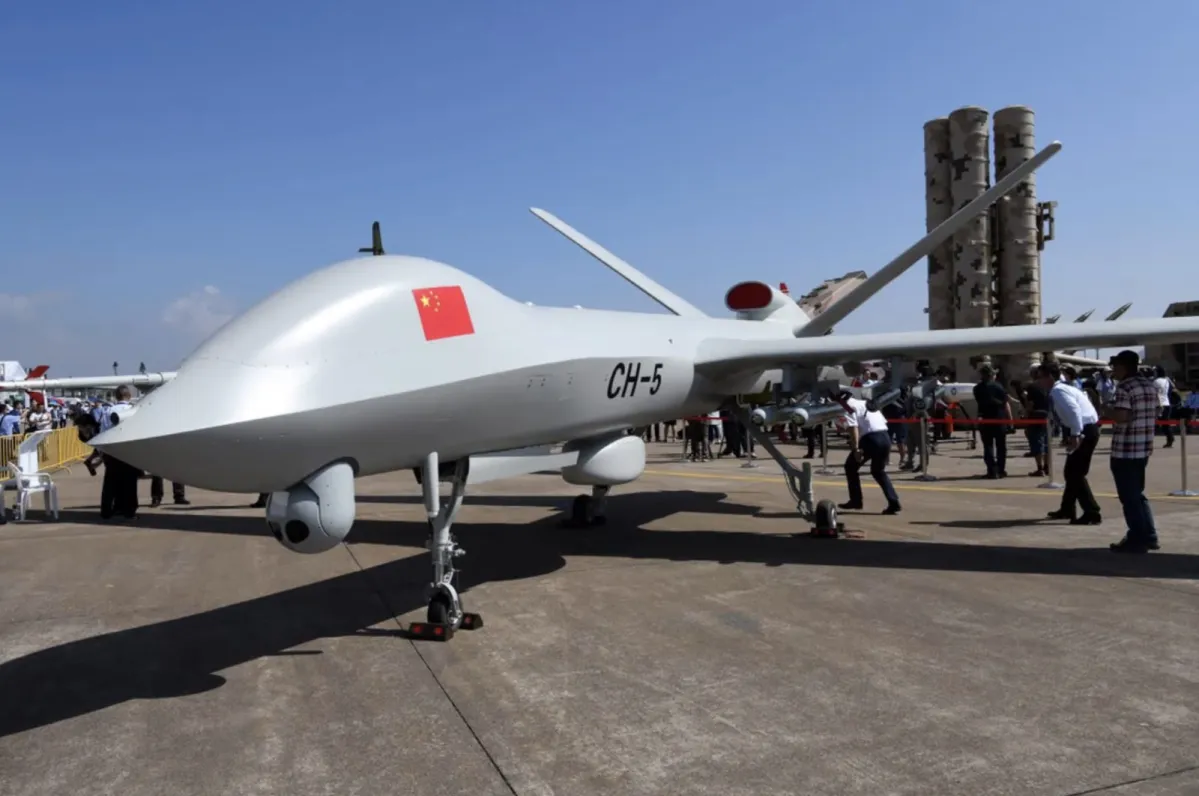
Elizabeth Antidius Shumbusho | Africa Guardian
China’s unmanned aerial vehicles (UAVs) are becoming increasingly integral to Africa’s military strategies, with many African nations turning to Chinese drones to bolster their defense capabilities. Instead of paying cash for these advanced drones, many countries offer access to their natural resources, providing a cost-effective arrangement for both sides.
Over the past decade, China has outpaced the United States in the production of both armed and unarmed UAVs, emerging as the world’s largest exporter of these technologies. Africa, with its growing military needs, has become a significant recipient of Chinese drones.
The Appeal of Chinese Drones in Africa
Military experts have highlighted the advantages of Chinese UAVs, particularly their long range, ease of use, and affordability. One notable example is the Wing Loong I, which, priced at around $1 million, is comparable to the U.S. Predator drone. The Wing Loong I is capable of carrying bombs and missiles, offering a significant boost to Africa’s airstrike capabilities.
Countries such as Algeria, Morocco, the Democratic Republic of the Congo (DRC), Egypt, Nigeria, and Ethiopia have received Chinese drones, with over 400 currently operational across the continent.
Oil for Drones: A Growing Trend
In exchange for these drones, some African nations offer access to their valuable natural resources, particularly oil. For instance, Nigeria acquired Chinese drones in return for oil rights, using them to combat the Boko Haram insurgency. Sudan also exchanged oil for Chinese drones to strengthen its military.
The DRC recently purchased three CH-4 Rainbow drones from China to assist in its fight against M23 rebels and their Rwandan allies in the eastern part of the country. This followed a previous purchase of nine such drones the year prior.
China’s Technology Expands Beyond Drones
In addition to drones, China’s Ching Kong systems, designed to disrupt enemy drone operations, have found success in Africa. Priced at approximately $2,700 each, these systems are already in use by Sudanese forces in their ongoing conflict with rebel groups.
Competition and Local Drone Production
While Chinese drones dominate the market, they face competition from Israel and Turkey, both of which have also established a presence in Africa. Turkey, in particular, has sold over 40 drones to 10 African nations, including Niger, Burkina Faso, Mali, and Chad, since 2019.
The rise of drone technology in Africa isn’t limited to imports. Thirteen African nations, including Egypt, Sudan, South Africa, Nigeria, Kenya, Rwanda, and Ethiopia, are developing their own drones, contributing to a growing local production industry.
___
